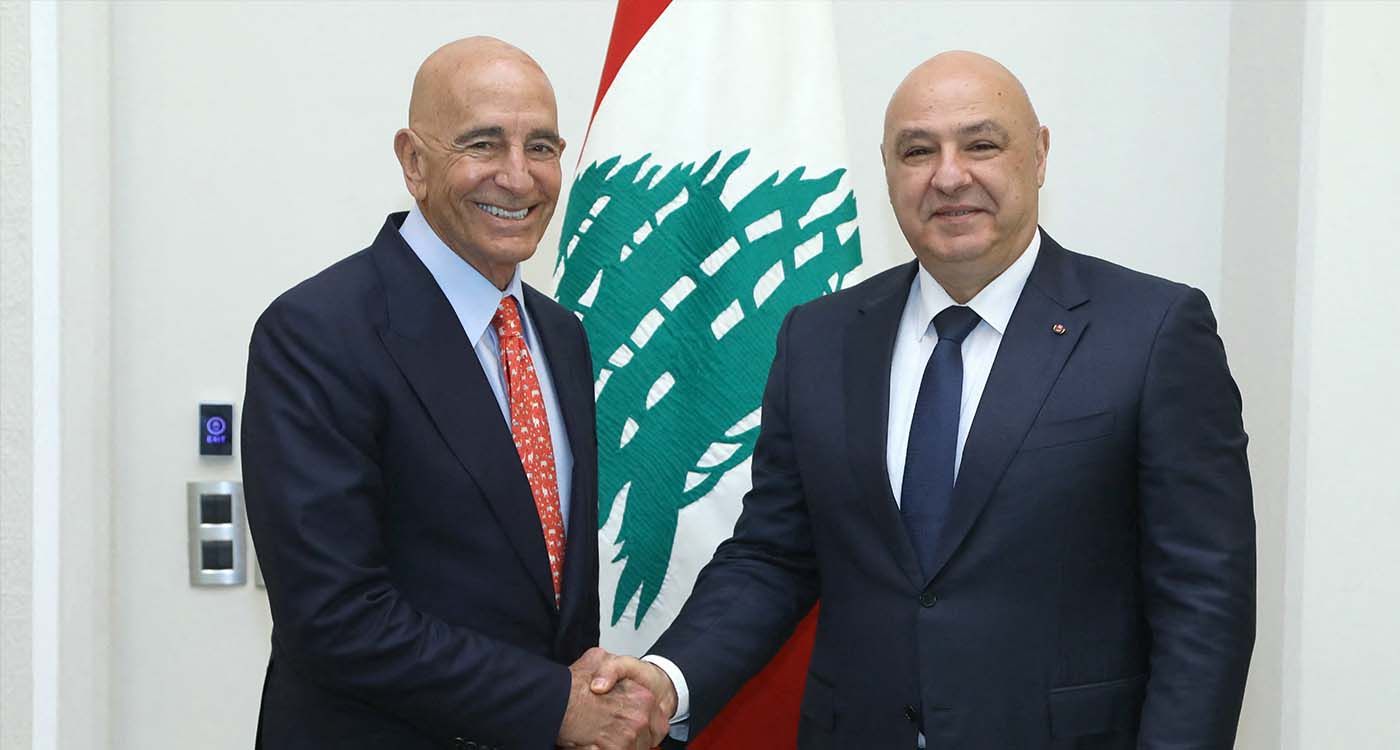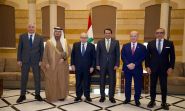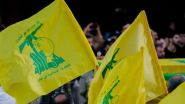
When the Israeli-Iranian war comes to an end and negotiations begin, the fate of Iran’s regional proxies—chief among them Hezbollah—is expected to be decisively addressed. That war’s outcome will likely establish a new strategic equation: a non-nuclear Iran, stripped of its ballistic missile capabilities and its network of armed proxies. In this context, Hezbollah would have no alternative but to disarm—swiftly and unconditionally.
This perspective is gaining traction within the US administration. It surfaced again during a recent meeting between Lebanese President General Joseph Aoun and US Presidential Envoy Tom Barrack. According to sources familiar with the discussion, President Aoun stated: “Efforts to enforce the principle of exclusive control over arms—both within Lebanon and among Palestinian factions—are ongoing, and will intensify once the regional landscape stabilizes in the aftermath of the Iranian-Israeli escalation.”
According to well-informed Lebanese sources, President Aoun believes that disarmament will become significantly more feasible once the war ends. In fact, if Iran—Hezbollah’s primary sponsor—is compelled to relinquish both its nuclear ambitions and missile arsenal, Hezbollah would be left without any legitimate justification to retain its weapons.
This is not the first time President Aoun has linked the question of Hezbollah’s arms to broader developments involving Iran. He has made similar allusions during past engagements with American officials, especially in the context of earlier US-Iran negotiations. Aoun has consistently indicated that any action on this sensitive issue would be contingent on the outcome of such talks—especially if the result offers Lebanon a path to avoid internal conflict, whether through national consensus or a new regional reality that Hezbollah would be unable to resist or ignore.
Meanwhile, American sources have voiced concern over recent statements by Hezbollah officials—most notably the party’s Secretary-General Sheikh Naim Qassem—suggesting that Hezbollah would not remain neutral in the event of an attack on Iran’s Supreme Leader, Ali Khamenei.
US officials view Sheikh Qassem’s remarks as a blatant violation of Lebanon’s official stance of neutrality in the ongoing conflict. As a result, they believe the Lebanese government must respond firmly to his statements, which risk entangling the country in a catastrophic war.
“We conveyed a clear message to the Lebanese government through Tom Barrack, warning against Lebanon’s involvement in the conflict,” one source stated. “The consequences would far exceed those of any previous confrontation.”
According to the same sources, there is also growing concern in Washington over the potential for retaliatory attacks on the US Embassy in Awkar should Iran’s Supreme Leader, Ali Khamenei, come under direct threat. American officials have stressed that the safety of the embassy and its personnel lies squarely with the Lebanese authorities. Any failure to prevent an incident, they warned, would be viewed as a serious dereliction of duty—and Lebanese officials would be held fully accountable.




Comments